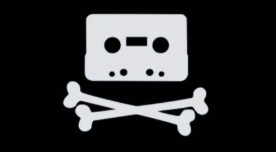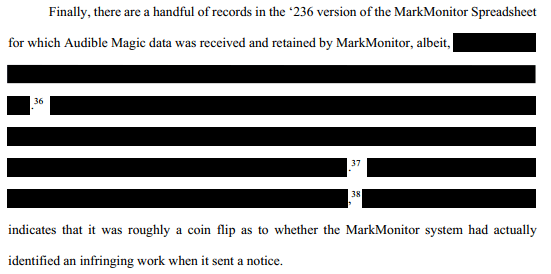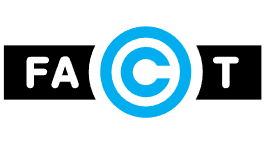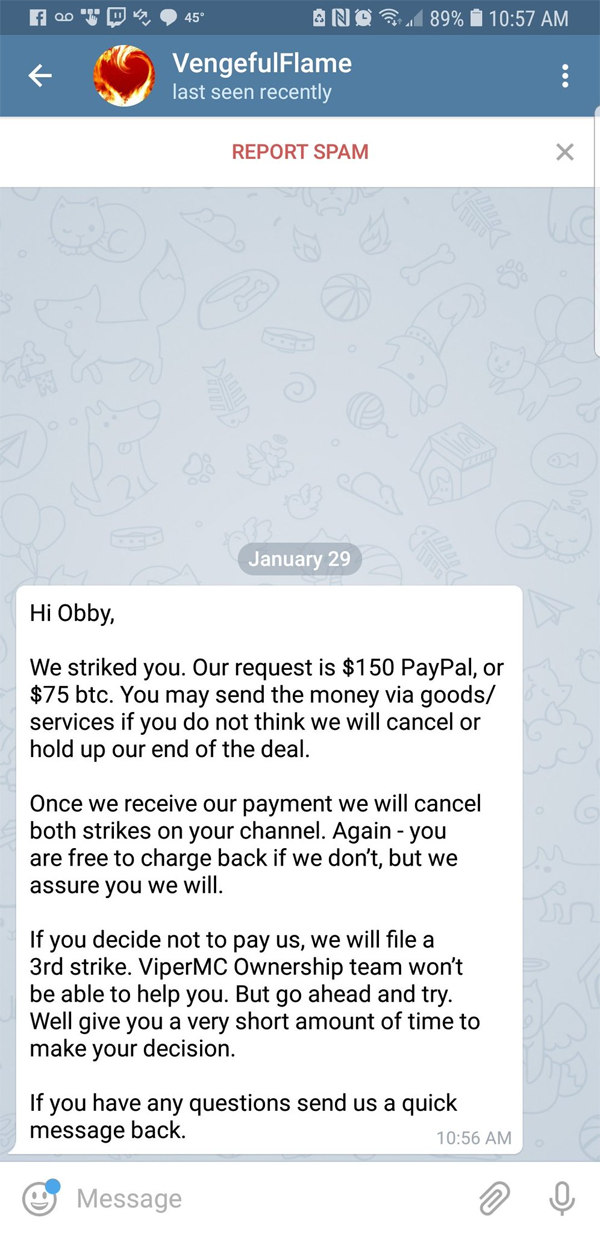Vader Streams Was Shut Down By ACE, Must Pay $10m Damages
mercredi 21 août 2019 à 10:16
There are several large IPTV providers with brands that are well known across the unlicensed industry. One of those was Vader, otherwise known as Vader Streams, or just Vaders.
Notable for its Darth Vader logo, the platform served large numbers of direct customers and subscription re-sellers with at least 1,300 TV channels and a library of VOD content running close to 3,000 titles.
This May, however, something went seriously wrong.
“We have no choice but to close down Vader. We can’t reveal much publically, but by now some of you should know through the other means what happened,” a notice posted to the site’s Telegram channel read.
“We tried everything in our power to avoid this, to avoid any outage, but enough people worked against us.”
With that, Vader went down, never to appear again. As highlighted in our subsequent review of the Vader closure, we had strong suspicions that anti-piracy giant the Alliance for Creativity and Entertainment (ACE) had become involved.
We’d obtained an unverified copy of what looked like a cease-and-desist notice, apparently sent by ACE members to Vader, over its VOD content. Unable to confirm its authenticity, we made a decision not to publish it.
However, it’s now 100% clear that ACE, the global anti-piracy company made up of dozens of powerful content companies, did indeed shutter Vader. And it’s now evident why they refused to comment.
ACE proceeded against Vader through a secret court proceeding in Canada through which it obtained a so-called “Anton Piller” order, a civil search warrant that grants plaintiffs no-notice permission to enter a defendant’s premises in order to secure and copy evidence to support their case, before it can be destroyed or tampered with. A similar process was used against TVAddons founder Adam Lackman in 2017.
While the case against Lackman is moving forward at glacial speed more than two years later, the Vader matter now appears to be over. After obtaining a permanent injunction from the Federal Court in Canada, ACE has shuttered the service and landed Vader with a bill for $10 million in damages.
According to ACE, Vader must also “cede administrative control” over its entire “piracy infrastructure”, permanently cease-and-desist from doing anything in future connected to offering, selling, or promoting unlicensed streams, and/or developing, updating, hosting or promoting any Kodi add-ons connected to pirated content.
“On behalf of all ACE members, I applaud the Court’s decision to permanently put an end to piracy operations conducted by Vader Streams,” Charles Rivkin, Chairman and CEO of the Motion Picture Association of America, said in a statement.
“Actions like these can help reduce piracy and promote a dynamic, legal marketplace for creative content that provides audiences with more choices than ever before, while supporting millions of jobs in the film and television industry.”
Robert Malcolmson, Senior Vice President Regulatory Affairs and Government Relations, Bell Canada – a prominent ACE member – described the action by the Federal Court as “strong and appropriate”, adding that “illegal streaming services like Vader Streams cause serious harm to creators and distributors, the entire broadcasting and cultural sectors and ultimately Canadian consumers.”
While ACE says that Vader must “cede administrative control” over its entire “piracy infrastructure”, it remains unclear what that means in real terms.
At the time of the shutdown, Vader said that it was “going to make sure, no Email, IP, account + reseller name goes to the wrong hands. Everything will be wiped clean and that’s all.”
Source: TF, for the latest info on copyright, file-sharing, torrent sites and more. We also have VPN reviews, discounts, offers and coupons.





